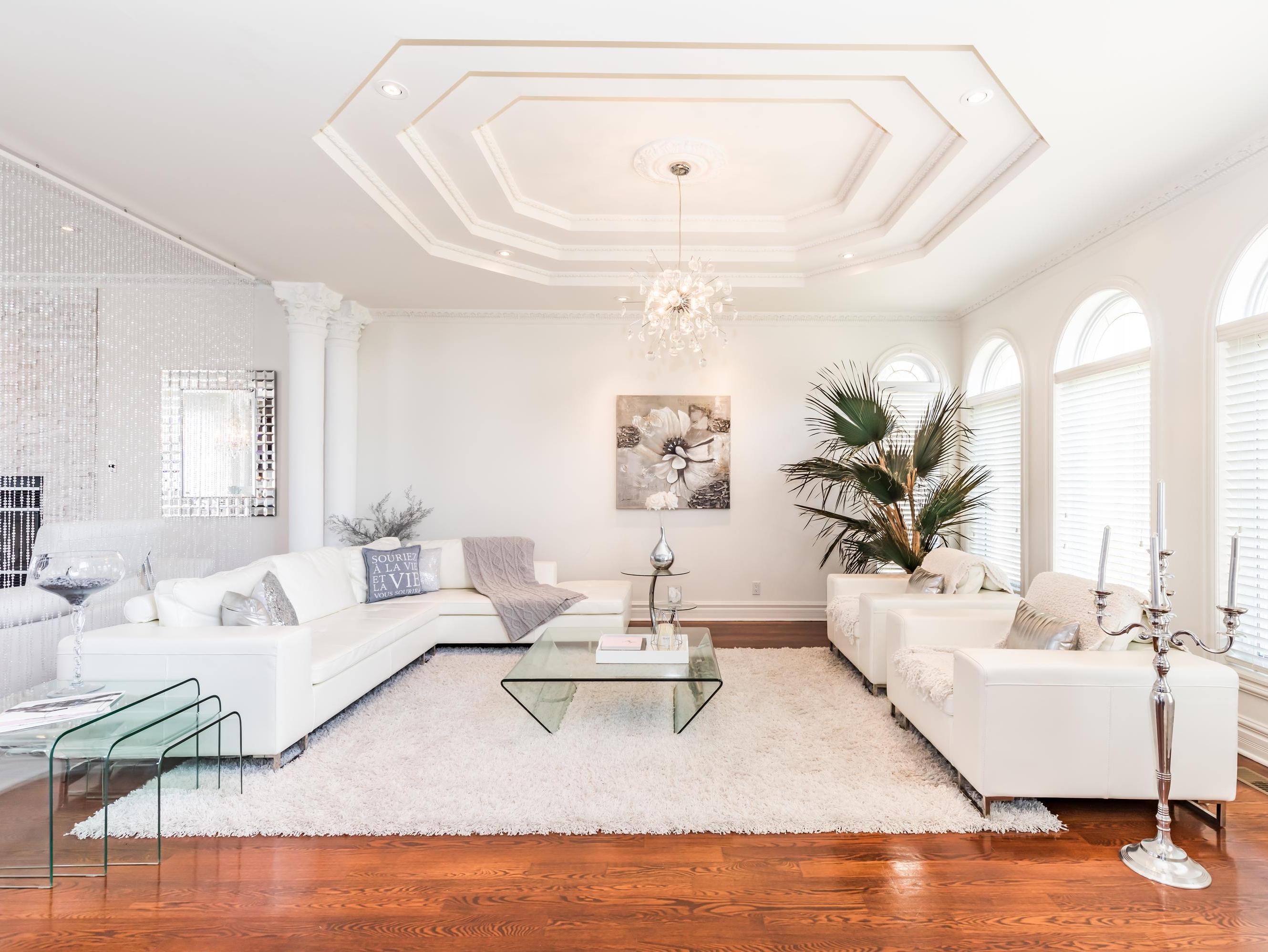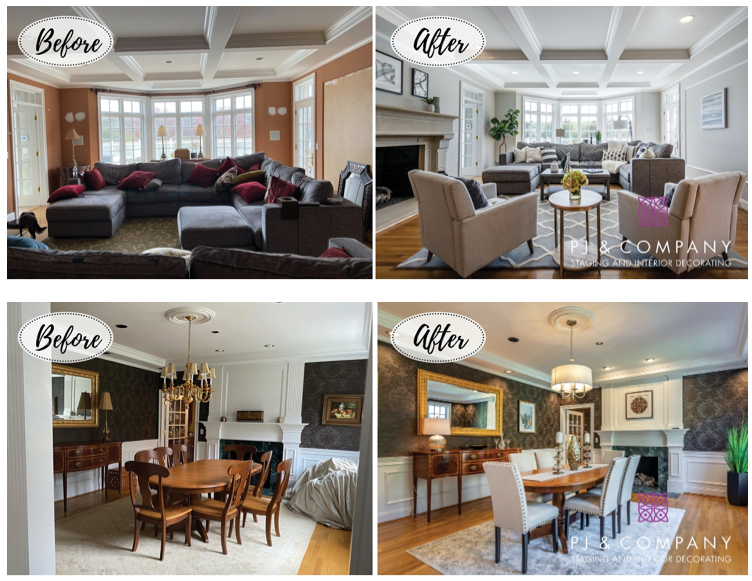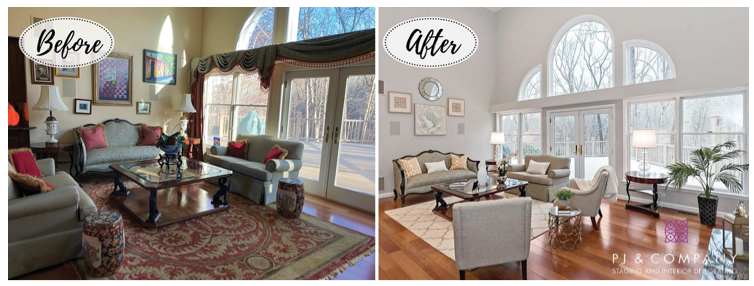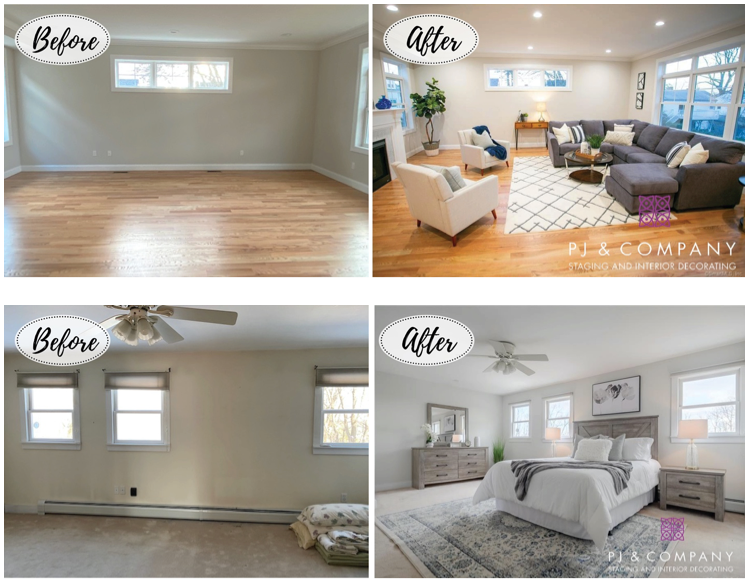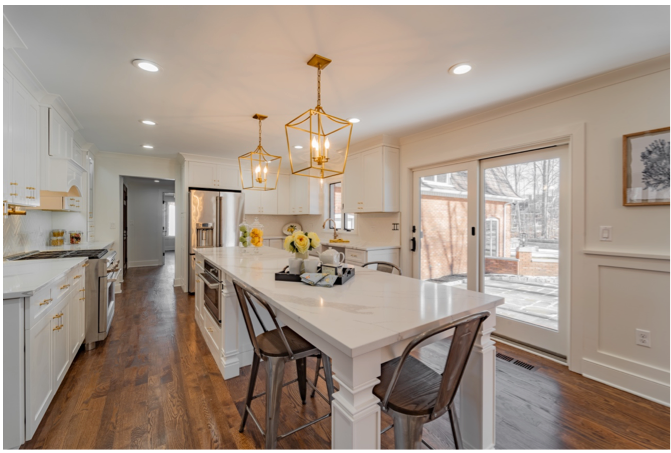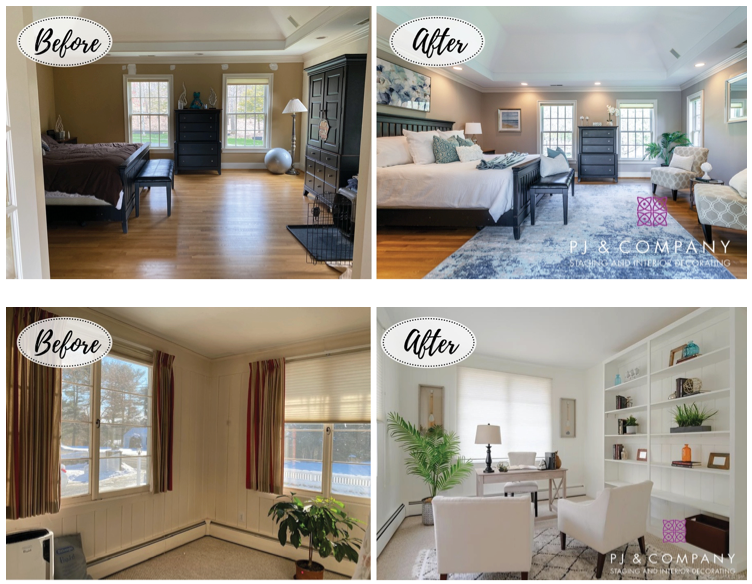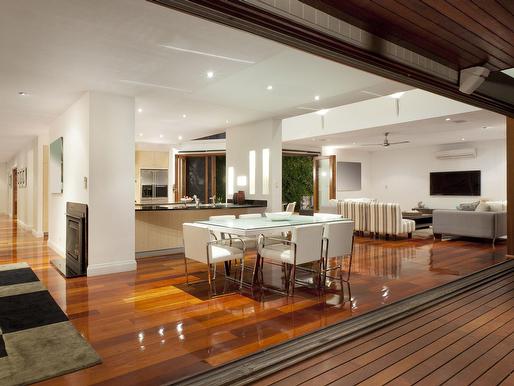
Real Estate Tips for Home Seller
/mega-tips-for-a-first-time-home-seller-4057383-v3-fc96ccd21f4c422eb5057a1d13ba0697.png)
Image by Emilie Dunphy © The Balance 2019
Homeowners don't generally think about filling the shoes of a first-time home seller until they decide to buy a new home. Usually, the motivating factor is the need to move -- due to work-related issues or the needs of a growing family -- and that generally involves buying another house.
It's when the homeowners stop to consider the move that it may dawn on them, yes, because they need to sell, they are now a first-time home seller. Selling a home is very different from buying a home. Whereas buying a home generally involves emotions and feelings, selling a home typically centers on what listing agents like to call maximizing profit potential.
Price Your Home Accurately
Price your home accurately. For this, you should enlist the help of a reputable listing agent. Don't choose your cousin's sister-in-law, for example, who dabbles in real estate. You'll fare much better if you select an experienced real estate agent who sells a fair number of listings, preferably in your neighborhood.
Your agent will analyze comparable sales and prepare an estimate of value often called a CMA, for comparative market analysis. It is OK to compare the Zestimate at Zillow but note the variances your agent will point out because your listing agent should have the experience and education to provide you with a more accurate opinion of value.
Home Staging Boosts Selling Power and Appeal
Ask your agent to advise you on preparing your home for sale. Most homes show better with about half of the furniture removed. If a buyer walks in the door and wonders if anybody lives in the house, you've done your job correctly. Consider home staging to boost your selling power and appeal. Painting is the single most effective improvement you can make. Don't let dings in the woodwork or scraps on the walls make your home reflect deferred maintenance.
The Best Day to List Your Home
Choose the best day to list your home. This time period will vary depending on your local community, the weather, time of year, and a host of other factors, including the state of your present real estate market. It's not like that movie Groundhog Day. You basically get one chance to present your home in hopefully its best light the first day on the market.
Ask About Your Agent's Standard Real Estate Commission
Ask about your agent's standard real estate commission before you get too far down the line. If it's reasonable, consider the big picture and benefits to you to hire this individual. Check track records for performance. Don't expect a full-service agent to discount. Getting into a contract is only the beginning; you need to make it all the way to closing.
Your home will not sell itself, despite what you may read or hear or the propensity of real estate websites to make the process appear as easy as the click of a mouse. It's not. You don't know what you don't know. To get the most money from the sale of your home, you will most likely rely on the professionals you have hired to sell your home. Do not try to pit agents against each other to compete for commission or you'll increase the chances you'll end up with a weasel. You don't deserve a weasel.
Be Flexible With Home Showings
Be flexible with showings. If home showings are too much of an imposition, consider going away the first weekend your home is on the market. Yes, it can feel a bit intrusive to allow strangers to trek through your home and check out your soft-closing drawers in the kitchen. The best way to sell your home is to let a buyer inside with her buyer's agent to tour in peace and quiet. Leave the house when buyer's agents show up. Anything you say can and will be used against you, plus, buyer's agents prefer to show without interference.
Host an Open House
Allow an open house if your home is conducive to an open house. Not every home is a viable candidate for an open house. If your home is located in an area close to major traffic, that is generally indicative of a reasonable expectation that the open house signs will pull in visitors. Ask your agent if she advertises the open house online. Many a home buyer has had no desire to buy a home until she spots an open house and subsequently falls in love.
Insist on Professional Photography
Of course, if you have hired a top-notch listing agent, your agent most likely already provides professional photos. It's not enough to just get the angle right in the photo, the most popular photos are rich in color and depth, and they entice. Ask to approve the virtual tour or photo tour before it publishes.
Review Your Listing Online
Look at your home listing on various websites to make sure the information conveyed is accurate. Agents do their best to ensure accuracy, but since it is your home, you know the details better than anyone. If you spot a feature that is missing, contact your agent immediately and ask for an inclusion.
Respond Promptly to a Purchase Offer
Try to respond promptly to a purchase offer. Many offers contain a date by which the offer expires. Notwithstanding, it can drive buyers crazy if they are forced to wait for a seller to decide whether to accept their offer or to issue a counteroffer. Remember, if you are selling because you need to buy a new home, you are no different when you are a home buyer yourself.
Line Movers Up Early
Line up your movers early. If you are thinking about moving at the end of May, for example, which is the busiest time of the year for movers, you might find it is impossible to locate movers for the day you want. You can start packing before your home hits the market, which will give you a head start on the process. It will also give you peace of mind to be prepared. Selling can be stressful enough.
At the time of writing, Elizabeth Weintraub, CalBRE #00697006, is a Broker-Associate at Lyon Real Estate in Sacramento, California.


